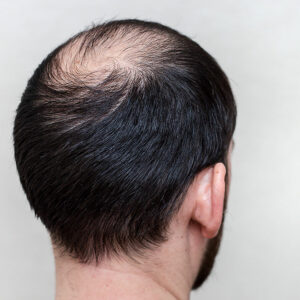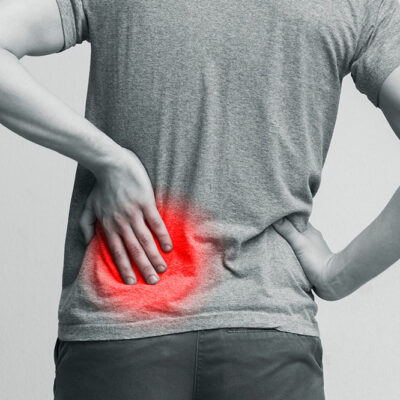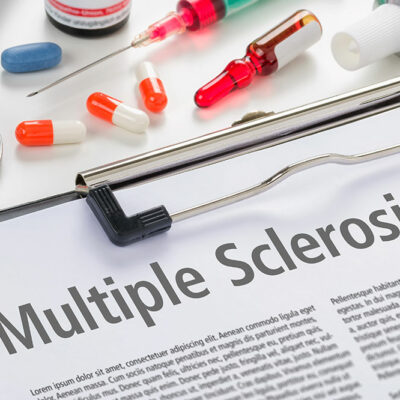
Coffee Makers
10 exciting Black Friday 2022 coffee maker deals
Getting a coffee maker that meets all your coffee needs gets easier during the holiday season with big shopping events like Black Friday sales. Picking the right appliance for your kitchen is crucial to ensure you get the best value from your purchase. Additionally, to make the most of your Black Friday shopping, consider factors like size, the reservoir, and milk frother, and the cost of these appliances while taking into account your requirements. Mr. Coffee 12-cup Coffee Maker The Mr. Coffee 12-cup coffee maker is a fantastic choice if you are looking for an inexpensive, no-frills kitchen appliance. The traditional appliance offers a simple auto-pause option and a 12-cup capacity. Further, you can enjoy a cup of coffee before the carafe fills up. You can get a $5 discount on this appliance this Black Friday. KitchenAid Drip Coffee Maker The 29-hole spiral showerhead on this KitchenAid appliance evenly moistens coffee grinds to produce a cup of coffee with enhanced taste and balance. The coffee maker has a chic retro style and a transparent, detachable tank with a big hole to prevent spills. Your drink will always be ready because it has a 12-cup capacity and 24-hour programmability. You can get a 15% discount on the KitchenAid website.











